It’s time for another journey into the singular world of Galley Beggar Press. This time we meet Joseph Forbes, a plumber returning to work after a nervous breakdown:
For hours hereon there would be no softness but only the sharp edges of the tools and of the job itself. Almost always it became a battle of one sort or another. He did not yet dare to touch the airing cupboard door and confront the cylinder within, instead he opened the hard plastic case of the toolbox, he would put the gloves on then spend a moment familiarising himself with the things inside, what was this fear, this reluctance, you would think he’d never handled these tools before or learned what each one did.
There’s a wonderful sense in this book that James Clammer knows the precise weight of his prose and what it’s doing. The writing has a mechanistic tone, long paragraphs that break down into their component parts – fitting for a protagonist who works with his hands.
It seems to me that Insignificance creates a space where Joseph can become (or be seen to be) a doer who’s also a thinker – action blurs into thought in this style of writing. Joseph is also faced with two characters who think in ways he doesn’t understand: his son Edward, who tried to poison his mother Alison; and Alison herself, who has found religion.
Clammer’s novel takes place over the course of a single day, and the tension ramps up as you start to wonder where this day is going to go. Add in that prose, and it’s a compelling piece of work.



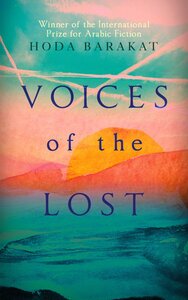
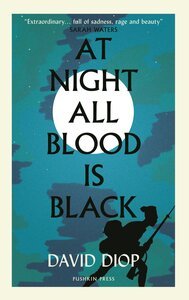



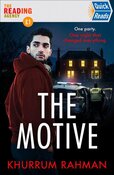
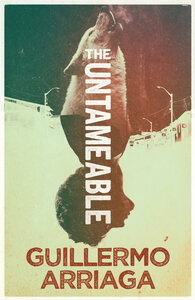
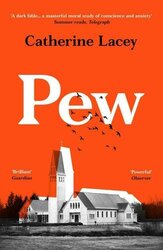

Recent Comments